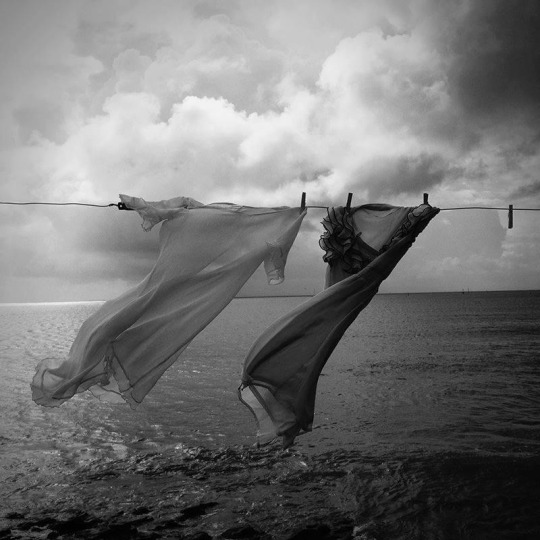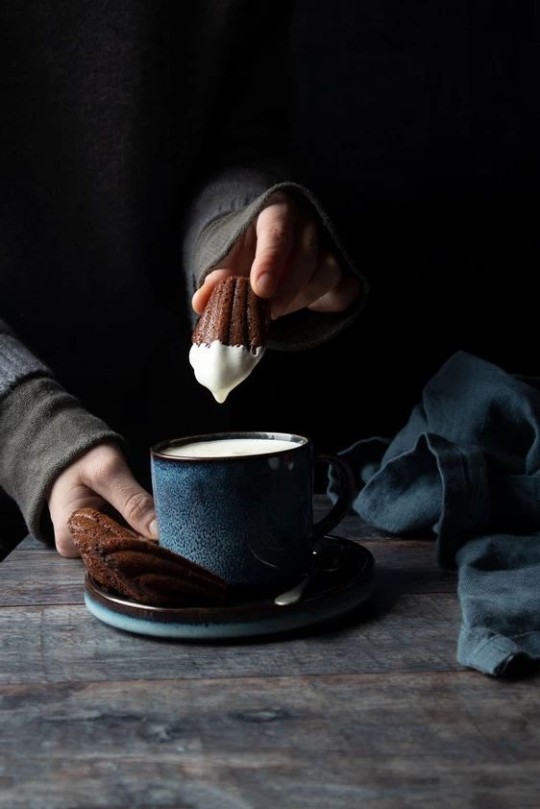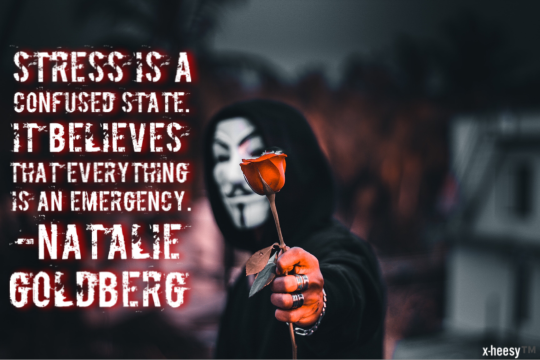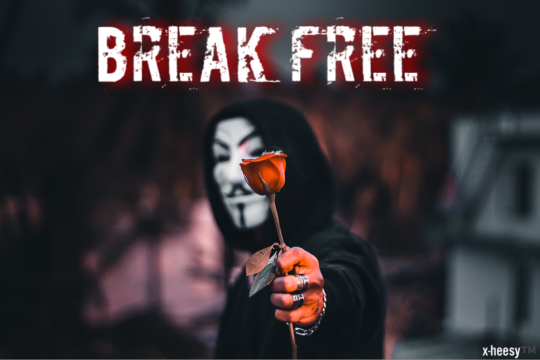#natalie goldberg
Text

photography by Eloise Capet
* * * *
My beloved became an Upper West Side New Yorker. At age fifty-eight she retired. She did finally study Shakespeare, putting herself through four years of a BA at Sarah Lawrence. All the other students in her classes were nearly forty years her junior. In the Shakespeare class, when it was her turn to recite a memorized passage, she chose Othello.
She told me that, as she spoke the lines,
When you shall these unlucky deeds relate,
speak of me as I am; nothing extenuate,
nor set down aught in malice:
then must you speak of one that lov’d not wisely,
but too well,
tears rolled down her cheeks. She had a whole lifetime to know the truth of that great playwright’s words. The students, in their twenties in desks around her, mostly theater majors fulfilling a course requirement, stared at her. One called out, “Wow, you really feel this, don’t you?”
Let the Whole Thundering World Come Home: A Memoir
Natalie Goldberg
[from "Alive On All Channels"]
#eloise capet#simpleisbeautifulphotography#quotes#Natalie Goldberg#Let the Whole Thundering World Come Home#Othello#alive on all channels
20 notes
·
View notes
Text

Lo stress è uno stato di ignoranza. Esso crede che ogni cosa sia un'emergenza. Nulla è così importante.
.🦋.
🔸Natalie Goldberg
7 notes
·
View notes
Text
Lo stress è uno stato di ignoranza. Esso crede che ogni cosa sia un'emergenza. Nulla è così importante.
Natalie Goldberg
14 notes
·
View notes
Text




𝚂𝚝𝚛𝚎𝚜𝚜 𝚒𝚜 𝚊 𝚌𝚘𝚗𝚏𝚞𝚜𝚎𝚍 𝚜𝚝𝚊𝚝𝚎. 𝙸𝚝 𝚋𝚎𝚕𝚒𝚎𝚟𝚎𝚜 𝚝𝚑𝚊𝚝 𝚎𝚟𝚎𝚛𝚢𝚝𝚑𝚒𝚗𝚐 𝚒𝚜 𝚊𝚗 𝚎𝚖𝚎𝚛𝚐𝚎𝚗𝚌𝚢. -𝙽𝚊𝚝𝚊𝚕𝚒𝚎 𝙶𝚘𝚕𝚍𝚋𝚎𝚛𝚐
𝙺𝚒𝚜𝚜𝚎𝚜 𝙵𝚘𝚛 𝚁𝚘𝚜𝚎𝚜 𝚋𝚢 𝙰𝚛𝚝 𝙳𝚎𝚙𝚊𝚛𝚝𝚖𝚎𝚗𝚝, 𝙰𝚚𝚞𝚊𝚛𝚒𝚞𝚜 𝙷𝚎𝚊𝚟𝚎𝚗 💋 4 🥀

#soul cancer#x-heesy#my art#artists on tumblr#2/2024#Stress#Natalie Goldberg#knowledge#wisdom#you are loved#you are not alone#depression#mental health#anonymous#now playing#music and art#quote#quotes#qotd#quoteoftheday#artful quotes#text art#typography#pop art#neo pop art
4 notes
·
View notes
Text
"Don't be jealous, especially secretly. That's the worst kind. If someone writes something great, it's just more clarity in the world for all of us. Don't make writers, 'other,' different from you: 'They are good and I am bad.' Don't create that dichotomy. It makes it hard to become good if you create that duality.
The opposite, of course, is also true: if you say, 'I am great and they aren't,' then you become proud, unable to grow as a writer or hear criticisms of your work. Just: 'They are good and I am good.' That statement gives a lot of space. 'They have been at it longer, and I can walk their path for a while and learn from them.'"
- Natalie Goldberg, Writing Down the Bones
2 notes
·
View notes
Text
"Use loneliness. Its ache creates urgency to reconnect with the world. Take that aching and use it to propel you deeper into your need for expression--to speak, to say who you are."
-Natalie Goldberg, writer and teacher
62 notes
·
View notes
Text
Natalie Goldberg on writing
My first book about the craft of writing was written by Natalie Goldberg. IN 1988, i found a dilapidated copy at the Haf'adai Used Bookstore in Agana, Guam. I devoured it in one sitting and knew afterward I would be a novelist one day. It helped me think outside the box of newspaper-style writing. It opened my eyes and made me feral when it came to my fiction.
It made me thirsty for more books on writing.
WRITING DOWN THE BONES: FREEING THE WRITER WITHIN
Her follow up to this is,
WILD MIND: LIVING THE WRITER'S LIFE
Not only do I highly recommend these to you, but I can also honestly say they belong in every aspiring writer's library.
#writing#writers#writers on tumblr#writerscommunity#writing community#writer things#novel writing#writerslife#writers and readers#Natalie Goldberg#author things#author#authors on tumblr#amwriting#writer#authors#fiction#creative writing
3 notes
·
View notes
Text
everyone please read this natalie goldberg excerpt with me right now just because it is good:
“[W]hen I was twelve, I learned tennis in summer camp. I didn’t actually learn it. I stepped on the court and was whole. If I had to learn it, I probably would have quit. That’s what kind of kid I was--I had no perseverance--but tennis I knew. It was a song and I played it. Day after day. All day. I skipped softball, volleyball, swimming, canoeing, dramatics, arts and crafts. I played with eight-year-olds, twelve-year-olds, sixteen-year-olds, anyone who came along. I lived on the court and whoever I played entered my domain. I was happy to rally, but if we played games, I won. But mind you, I didn’t really care about winning or losing. I was outside those realms. I lusted for the sound of that fuzzy ball hitting the center of my racquet, the stretch of my young arm, the soles of my sneakers rubbed to swirls. I was never tired or hot or sweaty. I was a god. I stepped out of the realm of thought.
This was the first time I loved something all for myself. It was mine. I didn’t know this them. I just went to the courts with my sixteen-dollar wooden Slazenger tennis racquet every day.
When I was fourteen, Bruce Berkowitz, who was a camp waiter and sixteen, went home to Brooklyn at the end of August, declaring he would beat me the next summer. He practiced all winter, and when we met again at the camp bus in the Howard Johnson’s parking lot in Westchester, he had three racquets in his duffel bag. He challenged me for a game the day after we arrived at camp up in the Adirondacks.
I walked on the court like a prince, not a princess. Princesses are delicate. They can feel peas under twelve mattresses when they lie down to sleep. I was a prince in the land I owned: the tennis court. I wasn’t arrogant. I knew who I was: no one. Just an eye and a hand, a body to hold a racquet and, most important, I couldn’t have cared less whether Bruce Berkowitz beat me or not.
Of course, this attitude totally discombobulated Bruce. He fell apart. I beat him 6-0. I’m sure he did become very good over the winter, probably better than I was, especially since I never played tennis at home on Long Island. When I went home, I went back to eating Oreo cookies and watching television.
It had to do with the mind. I didn’t have a mind when I played. Bruce did. He had expectations, goals, desires. When the tennis ball was coming at him, he was thinking where he could place it to win a point. I wasn’t thinking anything. It was the only place I was free. It was a gift. Now, much older, I know that I would have had to work at it to keep being free. I would have had to practice and refine my moves. Instead, the summer I turned sixteen I had a boyfriend and never stepped on the court.
That is how writing was for me, too, when I wrote my first poem at twenty-three years of age. I felt whole and complete in myself. But, unlike tennis, with writing I continued and have come up against some miserable times when I’ve wanted to quit. I continued then, too. It’s a process. I didn’t marry writing all at once, but over time as I stayed connected to it under all circumstances, it has strengthened my resolve. Now, whether I like it or not, publish or not, it is the ground I walk on, my basic practice. And in keeping this commitment, it has taken me deep and has rooted me.
I was surprised when I first moved to Santa Fe and taught writing workshops where people came with the idea that this writing might save them. Last month they tried rolfing and this month it was writing. It is good to try different things, but eventually we must settle on one thing and commit ourselves. Otherwise we are always drifting and there is no peace. To stay with one thing gives us the opportunity to penetrate our lives and be free.”
4 notes
·
View notes
Text
Stress is an ignorant state. It believes that everything is an emergency. Nothing is that important. Just lie down.
Natalie Goldberg
2 notes
·
View notes
Text
Femme dans un jardin. Woman in a garden. The painting was full of light. He caught exactly how it was to be in tall grass, with the woods behind you and the sun on the green blades, how the blades became translucent. The whole scene was luminous, alive with light. Van Gogh himself must have swallowed summer in order to paint this. "He knew the light," I said to myself over and over as I looked over the crowded shoulders of the other viewers.
—Natalie Goldberg, Wild Mind
2 notes
·
View notes
Text

"This is your life. You are responsible for it. You will not live forever. Don't wait." -Natalie Goldberg
4 notes
·
View notes
Text
writing manuals
creating short fiction, bird by bird, writing down the bones, and on writing
--
creating short fiction, by damon knight: four out of five spaceships
did you feel the need for a writers' guide that comes from your corner, a place where they respect the fantastic? damon knight is a seasoned scifi writer with skills and vision, and he translates his craft as well as he can into a short, concise volume. there are examples and exercises designed to help you build your writing muscles.
especially in his analysis of one of his own stories, he focuses in on the craft with a level of concrete detail that makes the book genuinely useful, in my opinion. the only reason that this book has a lower rating than bird by bird is that i was able to easily finish bird by bird, reading with excitement, whereas damon's book is not one that i return to often and i haven't actually ever finished reading it cover to cover. it is one that i use in class, though, and there are specific sections that i highly recommend -- again, his analysis of his own story "semper fi". he also has fantastic advice on writing with the subconscious. that alone makes it worth the read.
--
bird by bird, by anne lamott: four and a half out of five torn-up manuscripts
bird by bird is, in my opinion, a justified classic. it's a writer's manual with straightforward advice and examples to lift your spirits, encourage you, and guide your practice. you won't find so many analyses of examples of fiction as in damon knight's creating short fiction, but you will find encouraging and experience-based guidance on creating a long-term writing practice. the writing is very engaging and the book is a bit of a page-turner; lamott does know what she's doing. summing it up here, there are fundamentally three main principles: you have to write a shitty first draft to get a shiny final draft; write every day; it can be as little as three hundred words. when i finished the book, i felt that i knew anne lamott.
--
writing down the bones, by natalie goldberg: four and a half out of five notebooks
this is a concise, accessible writer's manual with brief chapters you can read in an idle moment at any point in your day. it's very conversational and written with an easy manner, although the topics that the writer broaches can be quite serious. she is focused on memoir writing, but much of her advice applies generally to any narrative form. as with bird by bird, i really felt that i got to know the writer through this book. her writing is very enjoyable to read, and i would recommend the book on that basis alone. also like bird by bird, this book is enjoyable to read just as an experience in its own right; the author really does know how to write. my rating may be off a bit, however, as i haven't completely finished the book.
--
on writing, by stephen king: four out of five blood-curdling screams
i stopped reading stephen king books because he is too good at what he does and i didn't really want to be that scared. this is a good one, though.
it is half memoir and half writing advice. i would almost recommend it more for the memoir than the advice, but advice from someone like king, who is not only a skilled writer but someone who has thought about his craft, has to be worth something. he adds one thing that the other writers mentioned here generally do not: bone up on your actual mechanics and vocabulary. in other words, the basic stuff of english class.
this book takes a bit of the fear out of approaching writing and renders it a little more accessible. "remember," he will tell you, "i got rejected a hundred times before i sold my first work." his main advice, like lamott, is to write every day. i seem to recall that he even writes on christmas.
#book reviews#writing manuals#writers' guides#writer things#creative writing#creating short fiction#bird by bird#writing down the bones#on writing#damon knight#anne lamott#natalie goldberg#stephen king#fiction#memoir#reviews#review
2 notes
·
View notes
Quote
If you are not afraid of the voices inside you, you will not fear the critics outside you.
Natalie Goldberg
2 notes
·
View notes
Text

The next day I wake up to a dull sky and am full of pain. I make tea, feed the dog and take pain killers.
By this time the sky has brightened. It’s Saturday so I consider a more ambitious walk, with Vivienne perhaps, and message her. But I know that if I just leave the house and walk locally the movement and air will help me right now, so I get up, wash and dress and help Lola into her harness.
There is nothing quite like the enthusiasm of a dog.
We step out into the street and she takes me towards Hove Lawns. There are runners there - it is an event. I keep her on lead and we pick our wan through the crowd. It’s still no dogs allowed on most of the beach until the end of this month, but there are a couple of sections we can use. The tide is out, and it is so early, so chilly, and enough out of season that there are only dog walkers and dogs on the beach. Often there are swimmers too, but not today. I take a photograph of the yellow buoys arranged in a string along a section of the water opposite. They catch the sunlight and I take a photograph. The sea looks beautiful, but not inviting. The dog gambols about, finds a stick and settles. I continue to listen to Writing Down the Bones and enjoy the warmth of my headphones cushioning my ears.
The runners are not in full spate. They jog, they walk, they stand around talking. They use the railing that separates the promenade from the beach to stretch against. Two people on the beach side use TRX bands looped around the rail to exercise their upper bodies. I don’t know if they are runners or not, lots of people exercise here and in the parks.
When we head back across the Lawns we mount the steps up to Adelaide Crescent which overlooks the promenade there. As we approach the grass I see a woman with three dogs; a Border Terrier, a Pug and a Westie. I am unsure how Lola will behave. I take off my headphones and let her off the lead. She bounds in and greets them and I say hello to the woman. We walk and talk. Very often dog walkers really only talk about their dogs and there’s a kind of ease in this well rehearsed small talk. The other thing is that we rarely walk together for long, so when she leaves for Palmeira I stay. Lola eats grass on the bank and I take a seat on a bench. Adelaide Crescent is one of my favourite spots in Brighton, the curve of which echoes the waist and hips of a woman, so the terrace bulges out as it leaves the rectangle of Palmeira and then moves back in creating a visual of three different kinds of curves - the crescent itself, the description of the curve out, then another curve back in leading to the hip. Sickert painted the view of it from the Lawns, standing between the architectural wave and the actual waves behind him.
#actually autistic#original writing#brighton#hove#dogs#dogwalk#natalie goldberg#walter sickert#writing down the bones
2 notes
·
View notes

